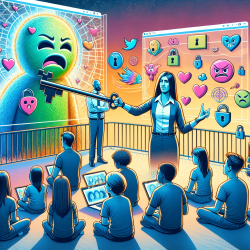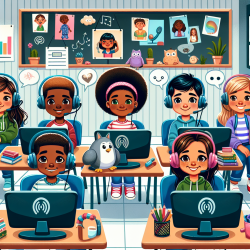The human papillomavirus (HPV) vaccine is a crucial tool in preventing certain types of cancers and other diseases caused by HPV. Despite its importance, vaccination rates remain below the national goal. One innovative approach to improving these rates is allowing adolescents to consent to their own HPV vaccinations. This blog explores the ethical, legal, and practical considerations of this approach and how it can empower healthcare practitioners to enhance their services.
The Current Landscape of HPV Vaccination
According to the 2019 National Immunization Survey-Teen, only 54.2% of adolescents aged 13-17 were up to date with the HPV vaccine series, falling short of the Healthy People 2020 goal of 80%. The COVID-19 pandemic further exacerbated this issue by causing a significant drop in routine vaccinations. Structural and behavioral interventions have been employed to address these gaps, yet barriers such as parental consent requirements persist.
Adolescent Self-Consent: Ethical and Legal Considerations
The concept of adolescent self-consent for HPV vaccination is grounded in ethical principles that support autonomy and public health. Allowing minors who demonstrate decisional capacity to consent promotes their agency and removes barriers created by parental refusal or absence during healthcare visits. However, legal hurdles exist as state laws vary significantly regarding minor consent for medical care.
- Ethical Considerations: Self-consent aligns with principles of autonomy and justice, enabling adolescents to make informed decisions about their health.
- Legal Framework: State laws differ; some allow minors to consent based on age, maturity, or specific health conditions like sexually transmitted infections (STIs).
Practical Implementation Challenges
Implementing self-consent policies involves overcoming several practical challenges:
- Lack of Awareness: Both healthcare providers and adolescents may be unaware of existing self-consent policies.
- Resistance from Activists: Anti-vaccine groups and parental rights activists may oppose these policies.
- Confidentiality Concerns: Ensuring that adolescents' medical decisions remain confidential is crucial but challenging due to insurance billing practices.
The Role of Healthcare Practitioners
Healthcare practitioners play a vital role in facilitating adolescent self-consent for HPV vaccination. By staying informed about legal allowances and advocating for policy changes where necessary, practitioners can help bridge the gap between intention and action. Training on confidentiality protections and effective communication strategies is essential for encouraging adolescents to participate actively in their healthcare decisions.
The Way Forward
The potential benefits of adolescent self-consent for HPV vaccination are significant. By empowering adolescents to make informed decisions about their health, we can improve vaccination rates and contribute to broader public health goals. Practitioners are encouraged to engage with ongoing research on this topic and advocate for supportive policies within their communities.
To read the original research paper, please follow this link: Adolescent Consent for Human Papillomavirus Vaccine: Ethical, Legal, and Practical Considerations.










